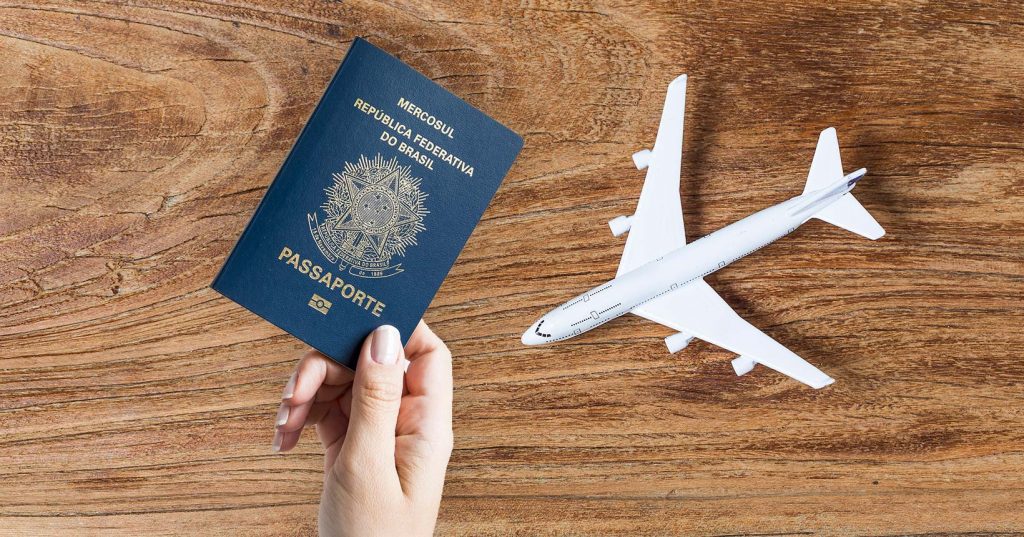RIO DE JANEIRO, BRAZIL – Remaining at home, the basic rule for containing the novel coronavirus, has cut people off from one of their greatest pleasures: traveling.
But after five months of forced confinement, and amid improved pandemic numbers in some regions, tourists and entrepreneurs in the business glimpse prospects of a return to normalcy.
A survey conducted by the Forum of Hotel Operators of Brazil (FOHB) shows that in August, 58.1 percent of the 872 hotels consulted by the organization will reopen, a rate that should reach 85 percent by December.

Likewise, major tour operators, such as CVC, have already recorded an increase in interest and queries about travel conditions for flights between November this year and February 2021.
“On weekends, hotels and inns of cities like Monte Verde (MG) and Atibaia (SP) are already fully booked”, explains Orlando Souza, FOHB’s president. “With the relaxation of quarantine, people take the opportunity to travel with their families”, he says.
In this new scenario, the most booked hotels have advantages in relation to resorts and their huge and crowded common areas. Located in Rio de Janeiro, a city that has reduced its infection rate and now has its main tourist attractions reopened, the Vila Santa Teresa Hotel offers seven suites for couples but is only offering six for use.
As well as following conventional protocols, it has adopted more sophisticated features, such as the use of ultraviolet light and ozonation in the disinfection of its rooms. Reopened in July, the hotel has already recorded five fully booked weekends.
During the week, demand stands at approximately 60 percent. “The guests comment that they didn’t want to leave home at first, but with the whole protocol they have felt safer,” says Eva Monteiro de Carvalho, one of the partners.
To adjust to the new reality, the company has invested R$60,000 (US$12,000). “We used to host many foreign tourists. Now, most guests come from São Paulo and Rio de Janeiro”.
It is estimated that the pandemic has caused losses of over R$120 billion in the tourism sector, according to estimates by the Brazilian Federation of Lodging and Catering (FBHA). Despite the dramatic drop in companies’ revenues in this sector, some saw a chance to expand their business in the crisis.
The VOA startup, specialized in online reservations and digital financial management of small and medium-sized hotels, saw its client portfolio grow from eight establishments to 53 during the pandemic.
Established by José Eduardo Mendes, founder of the Hotel Urbano online travel agency, the company offers customer vacancies on over 200 channels worldwide and provides a dynamic pricing algorithm, which automatically adjusts the rate to the demand.
The company also implements technological innovation programs and is preparing to launch a credit line for investments in associated hotels and become a kind of fintech for the sector.
“The Covid-19 crisis was a disaster for tourism, but it was also an opportunity for many hotels to reinvent themselves,” says Mendes. Now, with care and responsibility, the dream (which seemed distant) of returning to travel finally begins to come true.
Source: Veja

